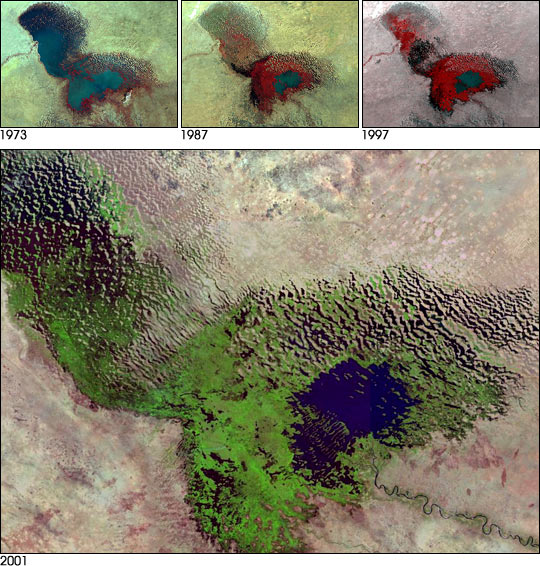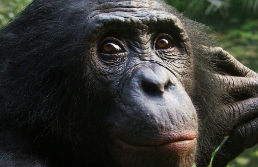Credit Card Fraud
How do cyber criminals steal your credit card information?



Pollution in the Northern Hemisphere was largely responsible for deadly droughts in late 20th century Africa.

BRAINS & BEHAVIOR - When apes take a gamble. The value of precision in negotiations. And a new approach to targeting drug addiction in the brain. Also: what above-ground nuclear tests in the mid-20th century can tell scientists about the brain.

WHALES, APES & BIRDS - Chimps don't share our sense of justice. What gibbons on helium can tell us about opera singers. Deciphering the peacock's hidden message. What an endangered whale has in common with songbirds. Also: Did a Central American rodent save a tree species from extinction?



PSYCHOLOGY OF CONSUMPTION - Why planning a lifestyle change often backfires, why buying larger quantities doesn't always mean a better deal, and the relationship between speed of consumption and satisfaction, Also: did hunter-gatherers really use more calories than people living today? And an unmanned aircraft maps an archaeological site in Peru in record time.

Planning a major lifestyle change can be a good idea, but only if you feel good about yourself to begin with.

New research suggests that we’re prone to think a package deal is a better value if quantity is listed before price.
Neuroscientists used poker games and MRI scans to separate social from purely strategic decision making.


The soaring price of gold drives deforestation in the Amazon, colonoscopies laced with gold could help detect cancer, and honey protects against antibiotic resistance. Also: a starless starfish, and a jellyfish that navigates without a brain.

PSYCHOLOGY: Why listening to half of a cell phone conversation is so distracting, how we choose which hand to use, why we'll pay more if we can touch a product, and the mechanisms behind a fast-acting antidepressant.
Just because a group has the smartest people doesn't mean it makes the smartest decisions.
Brewing beer is an art, but a new beer analysis project could make it more of a science.
Rare earth elements make many modern technologies possible, but extracting them results in large amounts of toxic waste.
A new algorithm looks for accounting fraud by analyzing non-financial statistics.
